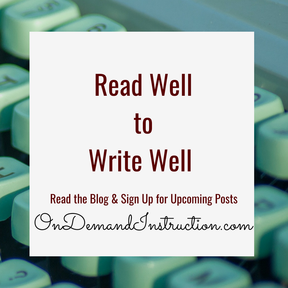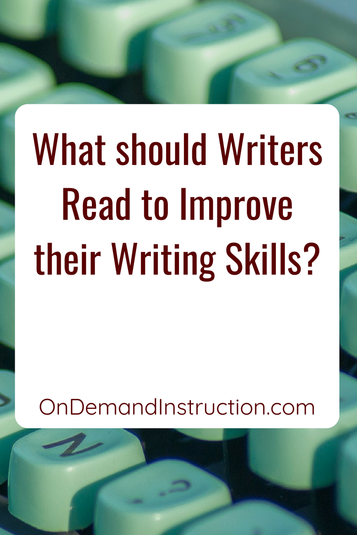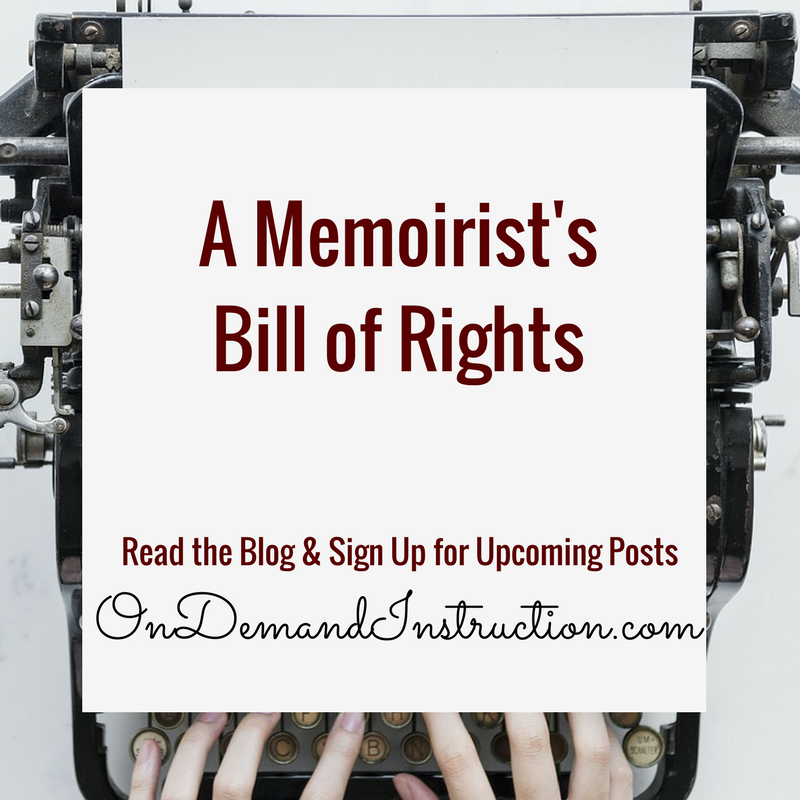 Over the last 20 years I have taught writing to people from the age of 12 on up, and one thing that novice writers have in common is a true desire to become better writers. One of the things I appreciate so much about new writers is their drive to improve their abilities. We can all learn a little more and become better writers if we are willing to do the work. How Do Writers Improve?The formula for improving one’s writing is surprisingly simple: First, read every day. Next, write every day. Finally, open yourself to change. That may come across as an oversimplification of a revered occupation, but for anyone who wants to be a better writer, these are the steps. “Just write every day of your life. Read intensely. Then see what happens. Most of my friends who are put on that diet have very pleasant careers.” –Ray Bradbury “Be ruthless about protecting writing days, i.e., do not cave in to endless requests to have “essential” and “long overdue” meetings on those days. The funny thing is that, although writing has been my actual job for several years now, I still seem to have to fight for time in which to do it.” –J.K. Rowling “If you don’t have time to read, you don’t have the time (or the tools) to write.” –Stephen King Yes, the process for improving our writing is simple. We need to spend time reading, we need to write, and we need to be open to change. But this list raises some questions: Should writers read specific books? Should writers read books in their genre? Should writers read books about the writing practice? Deciding what to read in order to become a better writer can feel overwhelming. Writing is a passion, a dream. It can seem like if you take one wrong step — by wasting your time reading the wrong books, for example — the dream will be destroyed. But happily, that is not the case. As new writers increase their reading and writing times and open themselves up to change, they tap into their unique interests and writing style, picking up lessons along the way that help them improve their craft. Should writers read specific books? |
About the SiteWelcome, Writers! Archives
September 2023
|






 RSS Feed
RSS Feed